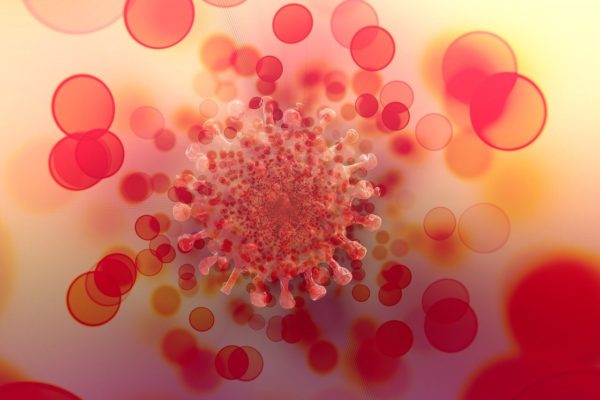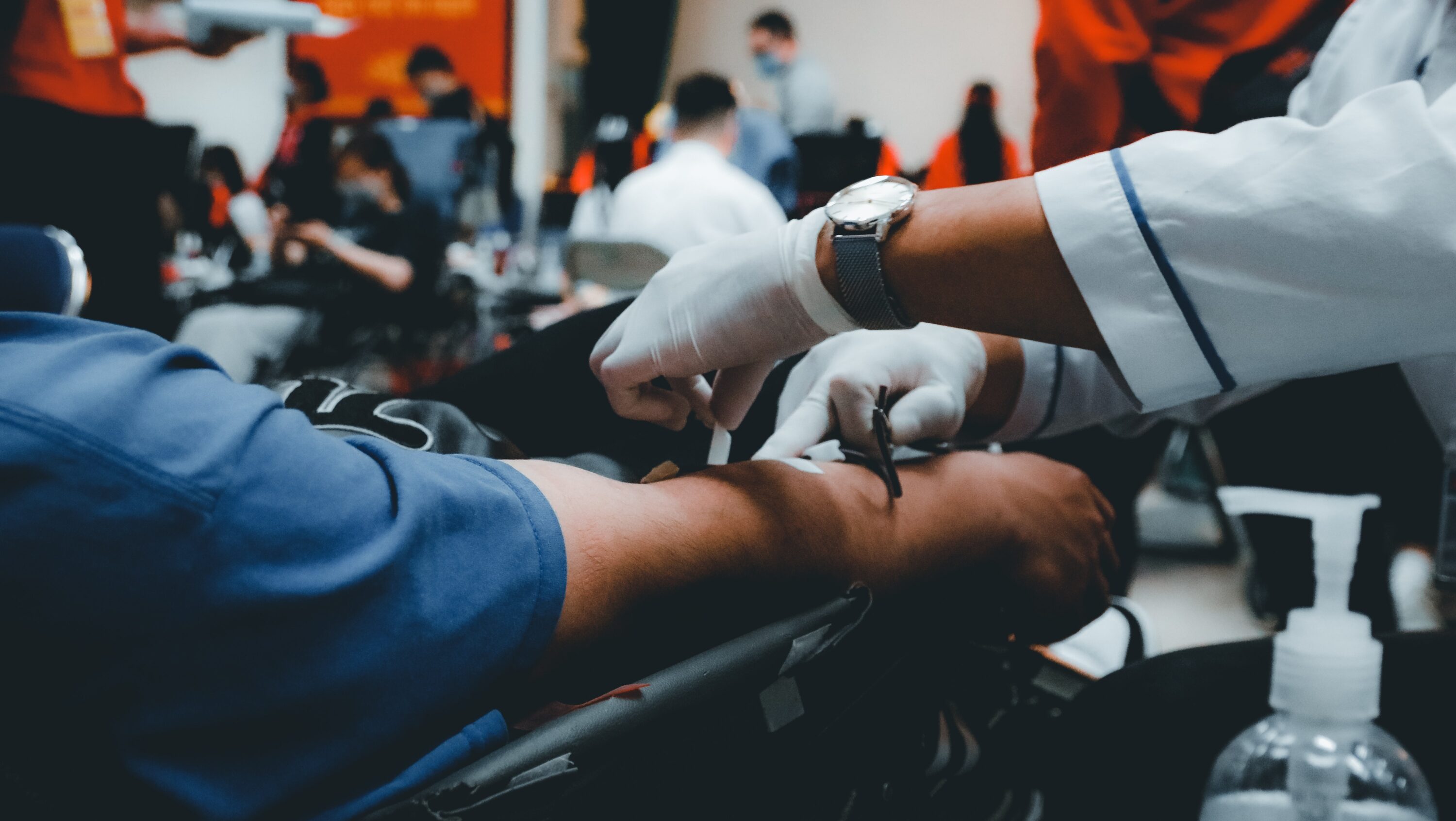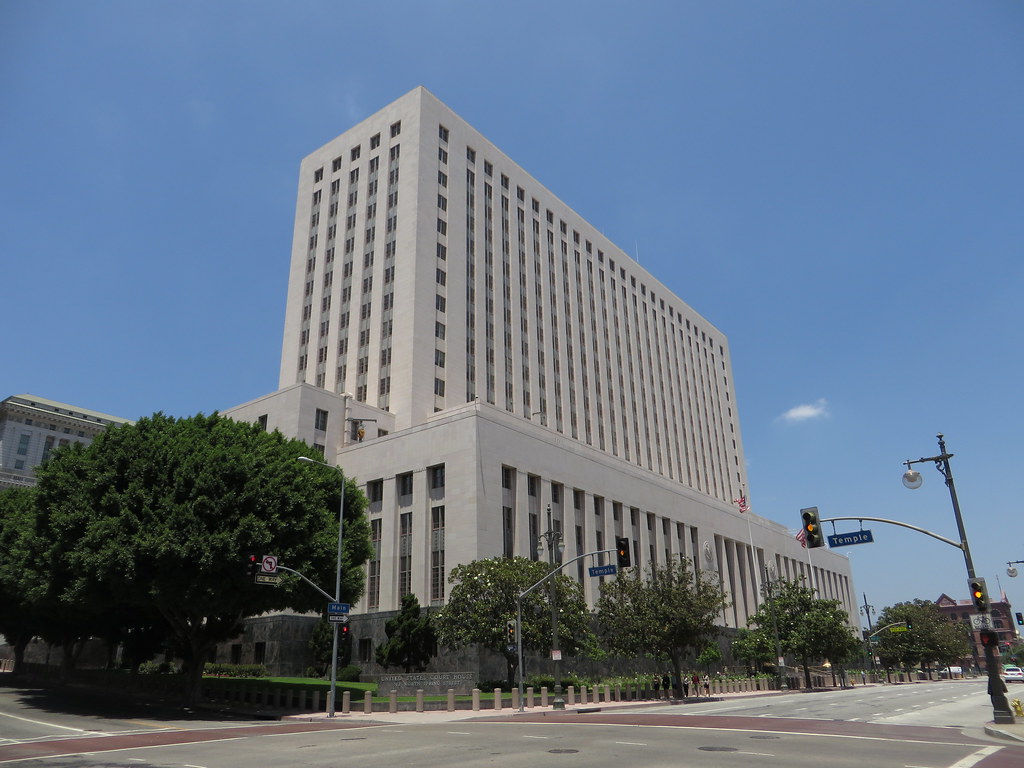Los Angeles County reported a staggering 37,215 new COVID-19 daily infections Thursday, by far the highest single-day number from throughout the entire pandemic, while hospitalizations also continued climbing, although still well short of the peak set during last winter’s surge in infections.
The daily number of new cases broke a record set by the county just last week — 27,091 reported last Friday. The county also reported 30 more COVID-related deaths on Thursday.
To date, the county has reported a total of 27,728 deaths during the pandemic, and 1,843,922 infections.
Meanwhile, state figures showed there were 2,661 COVID-positive patients in county hospitals as of Thursday, up from 2,461 on Wednesday. The number of those patients being treated in intensive care units was 352 on Thursday, up from 330 a day earlier.
The number of COVID-positive patients hasn’t been that high since mid- February of 2021. But the number is still well shy of the peak of more than 8,000 reached last January, at the height of that winter’s surge in virus infections.
While hospital numbers have been rising, officials have noted the generally lower rise in the overall number of COVID and non-COVID patients.
“Unlike last winter’s surge when overall hospital census increased pretty significantly, and we also saw that over the summer surge, now with the current surge the hospital census has remained much more stable,” county Public Health Director Barbara Ferrer said. “This can change. … But I do want to note that we haven’t seen the same rise we saw at the beginning of the winter surge last year with our surge in hospitalizations this time.”
In fact, many COVID-positive patients in hospitals likely didn’t realize they were infected until they went the hospital for a completely different reason. Ferrer said that in early November — before the highly transmissible Omicron COVID variant began spreading — about 75% of COVID- positive patients were hospitalized specifically due to illness associated with the infection. But as of late December, only 45% of COVID patients were admitted specifically due to the virus. The others only tested positive when they were admitted for treatment of other issues.
“It really makes a lot of sense when you’ve got a lot of community transmission you’re going to have more people testing positive who are asymptomatic for COVID illness but in this case getting hospitalized for something else,” she said. “… It’s encouraging to see there are fewer people hospitalized for COVID illness during this surge, especially compared with prior surges. But I do want to note that even if folks aren’t in there getting care for COVID-related illness, COVID-positive patients represent a substantial strain on the health care system.
“People who test positive for COVID require resource-intensive transmission-based precautions, including isolation rooms, cohorted staff and personal protective equipment, all of which add a particularly high burden when so many of our hospitals are … short on staff,” she said.
Statistics on COVID-positive hospital patients released Thursday also continued to show that unvaccinated people are far more likely to wind up hospitalized than vaccinated people. Ferrer noted that hospital numbers are rising in all categories — unvaccinated, vaccinated, and vaccinated-and- boosted. But unvaccinated people are 38 times more likely to wind up hospitalized that people have been fully vaccinated and received a booster shot.
Surging infection numbers prompted the county this week to amend its public health order, requiring employers to provide upgraded masks to employees who work indoors in close contact with others.
The order, issued Wednesday, will take effect Jan. 17 and requires employers to provide affected workers with “well-fitting medical grade masks, surgical masks, or higher-level respirators, such as N95 or KN95 masks.”
The revised order also amended the definition of outdoor “mega events,” where masking is required, to 5,000 or more attendees; and the definition of indoor “mega” events to 500 or more people. The numbers align with those in the state’s health order. The county’s order also “recommends” that food and drink be consumed only in designated dining areas.
The upgraded mask requirement for county workplaces mirrors an order released late last week by the county for K-12 schools, requiring teachers and staff to wear higher-grade face coverings. USC announced this week it will require all students and staff to wear higher-grade masks when in-person classes resume.
The average daily rate of people testing positive for the virus was 21.9% as of Thursday. That rate was below 1% a month ago.
Demand for COVID tests has been growing rapidly, with long lines becoming a common site at testing centers across the county. The demand has also led to a run on take-home tests, which quickly vanish from store shelves.
Los Angeles County this week was forced to suspend its program offering free at-home tests. That program allowed residents to simply sign up through the county’s website, allowing them to get a test mailed to their home through Fulgent Genetics. The county’s website now says the program is suspended, with Fulgent saying it is on hold “due to high demand and shipping constraints.”
According to Fulgent, no new orders will be accepted until at least Jan. 12. Incoming samples from tests that were previously distributed are still being processed.
Ferrer said efforts are being made to expand the number of COVID testing sites.
According to county figures released Thursday, of the more than 6.4 million fully vaccinated people in the county, 199,314 have tested positive for the virus, for a rate of 3.1%, while 3,348 have been hospitalized, for a rate of 0.05%. A total of 625 fully vaccinated people have died, for a rate of 0.01%.
The testing-positivity rate, however, may be artificially low due to the number of people who use take-home tests and don’t report the results.
Overall, 79% of eligible county residents aged 5 and older have received at least one dose of vaccine, while 71% are fully vaccinated. Of the county’s overall population of 10.3 million people, 75% have received at least one dose, and 67% are fully vaccinated.







